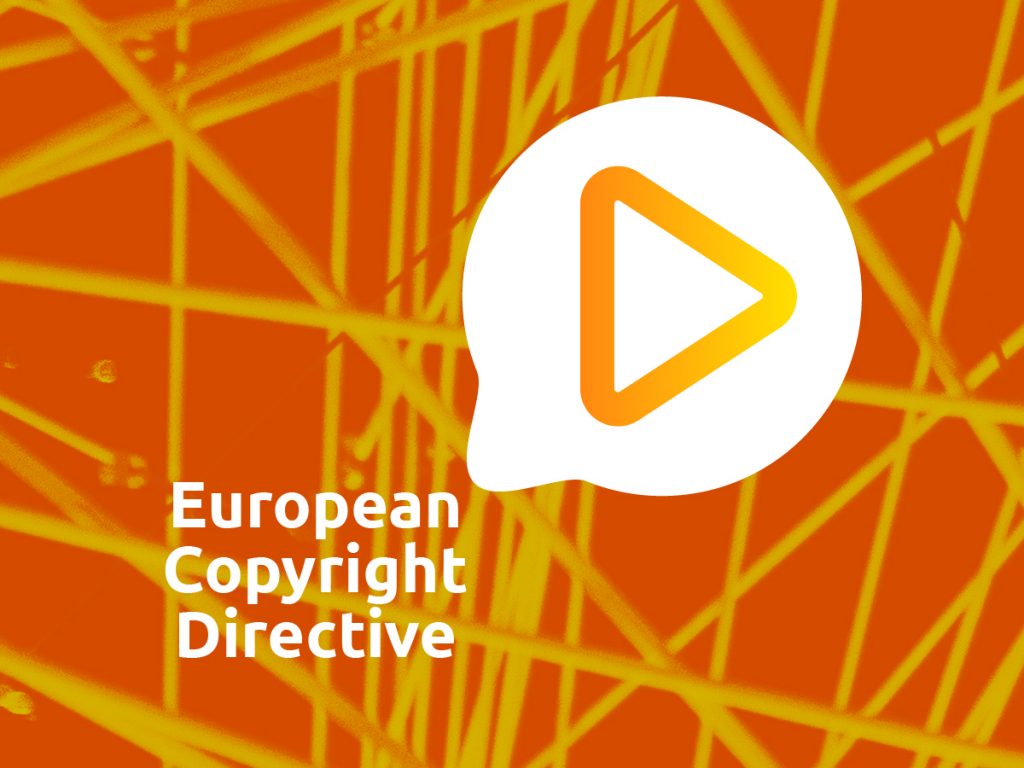What’s up with that ‘Article 13’ and ‘Upload filter’ thing?
Since 17 April 2019, we have a new European law (directive) about copyrights in Europe, let’s call it the new Copyright Directive. This new Copyright Directive did not arrive without a fight. There have been many protests, both offline and online, against the so-called ‘Article 13’ (eventually article 17) and ‘Upload filters’, but it has still been passed. What is all the fuss about? In this article, I will discuss the topic of the feared ‘upload filters’.
Online content is booming
The online content market is Big Business. Every minute, over 400 hours of video content is being shared on Youtube, and this number will probably only increase in the future. Large online content sharing platforms such as Youtube and Facebook, are designed to give the public access to content uploaded by their users. This also means that a large amount of copyright-protected content is uploaded on these online platforms. It is great to have access to all kinds of content online, but it also brings new challenges.
The main challenge for copyright owners is that they did not profit (enough) from publications of their work were put on Youtube, Google and Facebook without their permission. But there was not much that the copyright owners could do against these online platforms. Ironically, online platforms were protected by an ‘old law’.


Online platforms benefit from ‘old laws’
In the past, there was no clear legal framework for online platforms, and online platforms were not responsible for uploaded content that infringed on someone’s copyrights. Online platforms could still ‘benefit’ from E-commerce laws that dated back from the early 2000’s (which is nearly ‘ancient’ in the digital world). That ‘old’ law basically states that digital service providers were not responsible for the content put on their platforms.
This old law was mostly written for hosting providers, who have a more passive and facilitating role. There was no specific law for large online content platforms, because these were barely existing at that time. In practice, the online platforms only had the duty to delete content if someone complained about it (‘notice and take down’), but they were not liable themselves. This was a very comfortable position for online platforms.
More responsibility for online platforms
However, because of the growing online content market, and the rising power of large online platforms such as Youtube, Facebook and Google, this situation needed to change. The new Copyright Directive wants to make sure that copyright owners can effectively enforce their copyrights online, and are not missing the ‘digital boat’ anymore.
Under article 17 of the new Copyright Directive (article 13 of the draft texts), large online content platforms could be held responsible for infringing content on their platform, if they do not do enough to prevent such copyright infringements.
Online content platforms should make their ‘best efforts’ to avoid unauthorised works on their platforms. What does this even mean? No one really knows, but in practice it probably means that uploaders need a license from the relevant copyright owners if they want to post copyright-protected content. This means more money for the copyright owners, and less infringing content on the online platforms.
Everyone happy, right? Not really.
“Stop the censorship-machinery! Save the Internet!”
There are quite some people, including online influencers, business owners, freedom advocates and even EU countries (including The Netherlands), who disagree with the new Copyright Directive, and fear that it will block innovation, lead to unclarity, and restrict the freedom of speech. Some say even that it will “destroy the Internet”. But is this true?
The Copyright Directive explicitly states that its obligations ‘should not lead a general monitoring obligation’, and that the ‘freedom of expression and freedom of the arts should be protected’. So it should still be allowed to upload and make available content that contains quotes, criticism, reviews, caricature, or parody.
At least, this should be the case. But I think that many people simply fear that online platforms may not comply with these exceptions, or that they will be ‘over-deleting’ or ‘over-blocking’ content that is not even infringing. And what can you do against such a large, powerful platform?
Comply or complain?
Although online content platforms should have an ‘effective, impartial complaint mechanism’ in place, I doubt that many people will know that they can file a complaint, or they will not bother to take the effort. Or worse, they do not believe that it will make a difference. In any event, it should not be the case that legal content will be wrongfully removed or blocked. That is why I will closely monitor how the large online platforms fulfil their new obligations of the Copyright Directive.
In conclusion: the Copyright Directive has good intentions, but the reality is that there is a fear that online platforms will block or delete more content than legally necessary. The online platforms need to show to the world that they can safeguard the rights and freedoms of the people who upload content on their platforms. If they don’t, it is a matter of time before another online platform arises that will be able to win the people’s trust and hearts (perhaps with blockchain technology?). We still have two years to see how online platforms will try to get rid of the smell of (unintended) censorship.
If you want to know how your online platform can comply with the new Copyright Directive, please leave a comment below, or contact me directly.






